As parents, we always want the best for our children, and that’s why we strive to provide them with a healthy environment in which to grow up. Of extreme importance for the proper growth and development of a child is a healthy diet, which is key to the physical, emotional, social, and intellectual development of a child. From the earliest age, our children acquire habits that they will apply during their growing up, and as we want them to live in a healthy environment, it is important that we actively participate in and support the fight for a healthier future for our children.
If you want to provide a healthy environment for your little ones and to contribute to preserving the world for future generations, organic food, the production of which implies the exclusion of any chemical agents from the production process, up to the delivery of the final product, may be the right choice for you. The raw materials used in the production of food for babies and children must be of top quality and from certified suppliers, as well as not contain additives, preservatives, and genetically modified organisms, i.e. GMOs.
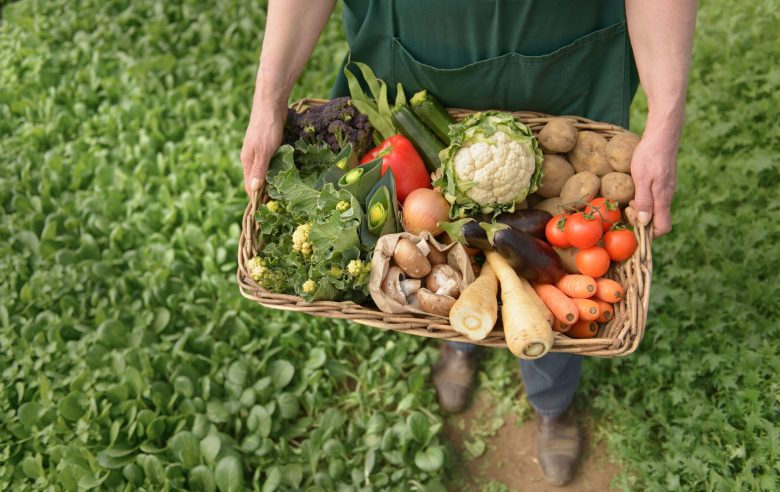
Source: goodto.com
Contents
What does organic food mean?
Organic production implies the use of natural fertilizers that create healthy soil and revive the soil, which restores its fertility. In organic production, the protection of fruits and vegetables from insects is carried out by the physical removal of pests, and only natural protective agents of plant origin can be applied, which is completely in accordance with nature. In this way, control is returned to nature and soil erosion is prevented, carbon dioxide emissions are reduced, the preservation of clean water and the good health of animals are affected.
Like non-organic baby food, organic food is 100% natural, nutritious, full of vitamins and minerals, does not contain additives, preservatives, and GMOs, and meets the same quality standards. In the production of food for babies and children, only raw materials are used that are approved according to the strictest standards, and in addition, producers of organic raw materials are subject to rigorous controls that begin from the moment the producer is involved in production and monitoring of every step of the process.
How to identify organic products on the shelf?
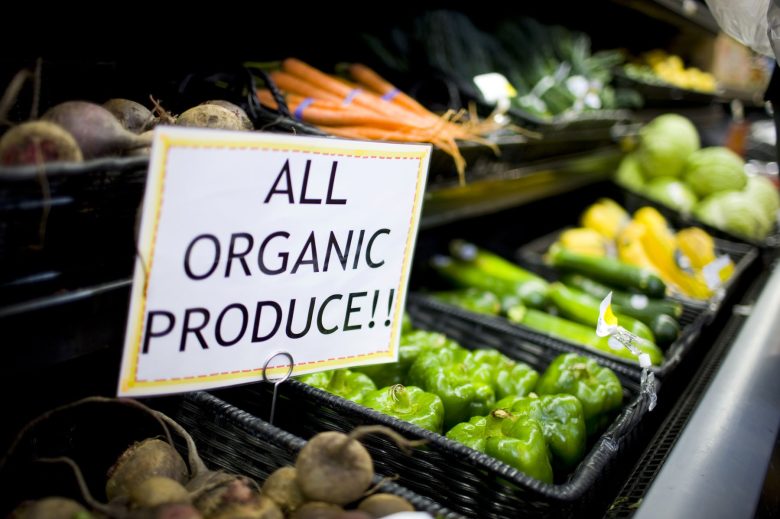
Source: npr.org
1. By a logo
The surest indicator of organic products is the logo all such products need to be marked with.
If the product does not have one of the mentioned labels, but the prefixes “Bio”, ”Eco “ or”Organic “, it is not a controlled and certified organic product. You can also choose to shop via certified organic food retailers like bubbabumpbaby.com.au.
Top quality raw materials, controlled production process, state-of-the-art equipment, and clean room panels, which are not the standard of practice for the production of baby food, are what need to be used if the food is to be safe for consumption. By consuming such products, one becomes an active participant in preserving our planet and providing your little ones with the healthiest possible environment for growing up.
2. It doesn’t contain heavy metals
One of the first characteristics by which you will know if it is organic or not is the presence of heavy metals like arsenic. These elements are usually found in the soil, but logically when in contact with foods can be very dangerous.
Since the baby’s body is still tiny and adapting, all substances that may compromise its health should be avoided because they can have serious consequences.
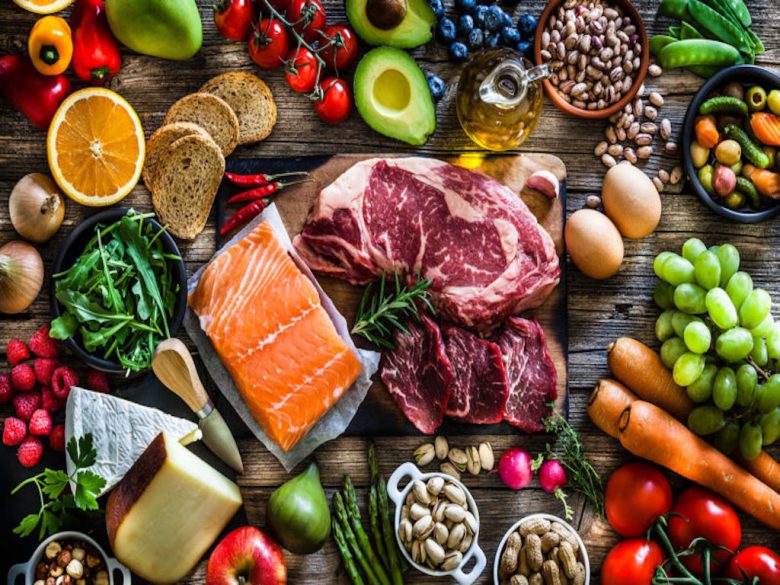
Source: krishijagran.com
3. No additives
If the label says there are no additives to the baby food, it is definitely one way to tell the product is organic. These are usually chemicals used to preserve the food, add flavor, texture, etc.
Final Word
Unfortunately, a large number of foods currently on the market cannot be considered completely natural. If this worries you, perhaps you should take the time to research which foods are truly organic.
We often hear that organic food is safe and healthy for babies to eat. Is that really so? Is it so expensive for a reason? Find out below the answers to these and other frequent questions of parents.
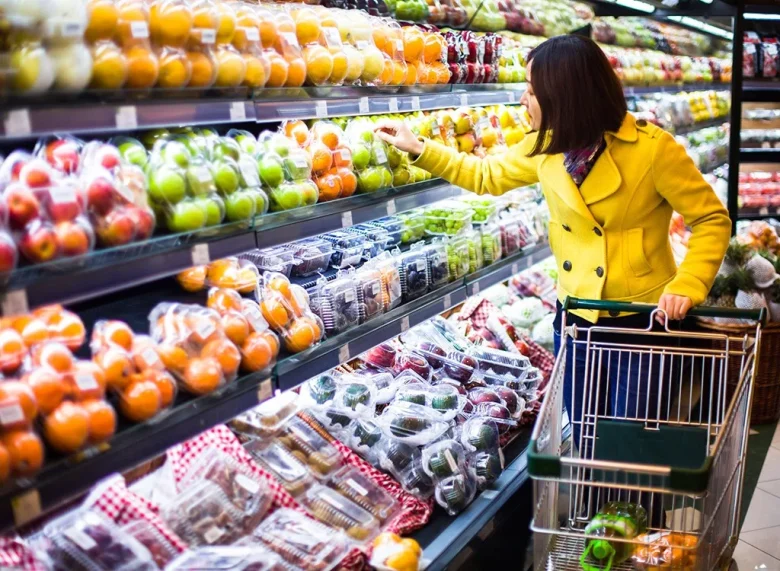
Source: goodhousekeeping.com
What options are available?
Another reason why you as a parent should think about feeding your baby organic foods is the possibilities that babies have, in terms of taste. Unfortunately, many parents believe that by choosing organic foods, the possibilities are reduced, that is, that the number of foods that their child will consume is much less. This may happen in a small number of cases, but most of the time you’ll be surprised at how many different flavors are available to babies and toddlers.
Well-known organic baby food manufacturers have a variety of porridge flavors that include carrot, banana, pea, sweet potato, pear, and many others.
Prepare your own organic baby food
Everyone knows that such baby food is more expensive than that which contains conventionally grown foods. This is partly because of the extra steps that need to be taken to ensure that all foods are truly organic, and the certification process required. Although many stores that sell organic baby food often have discounts, there are still many parents who find it too expensive. However, there is a solution! You can make your own organic baby food, the only thing you need to take care of is to get organically grown fruits and vegetables, and we have a simple recipe to get you started.
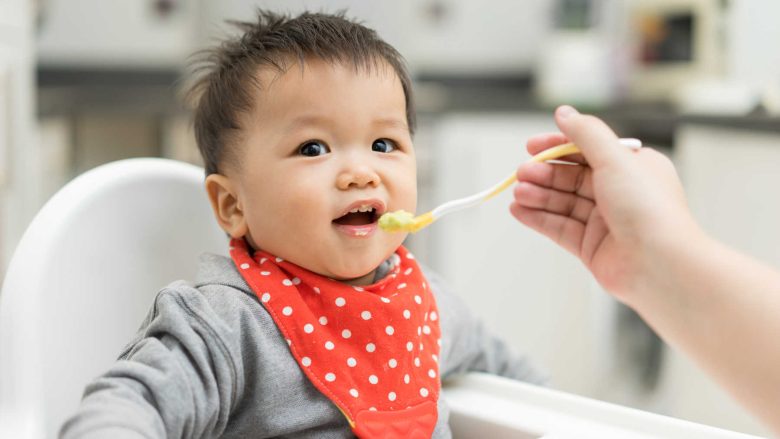
Source: mom.com
If this is something you find challenging, then invest in a crash course on how to prepare healthy food. It’s a good idea for a learning activity parents can take while expecting. There are also tons of books and already prepared menus one can use to start developing a healthy baby food cooking routine. Preparing the food by yourself is definitely one of the best ways to ensure the ingredients are organic, fresh, and healthy.
